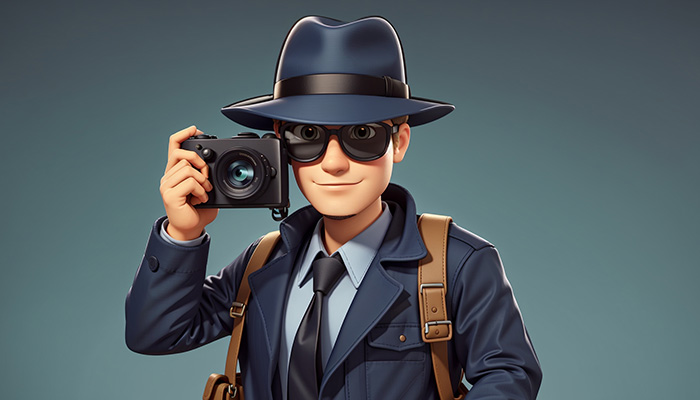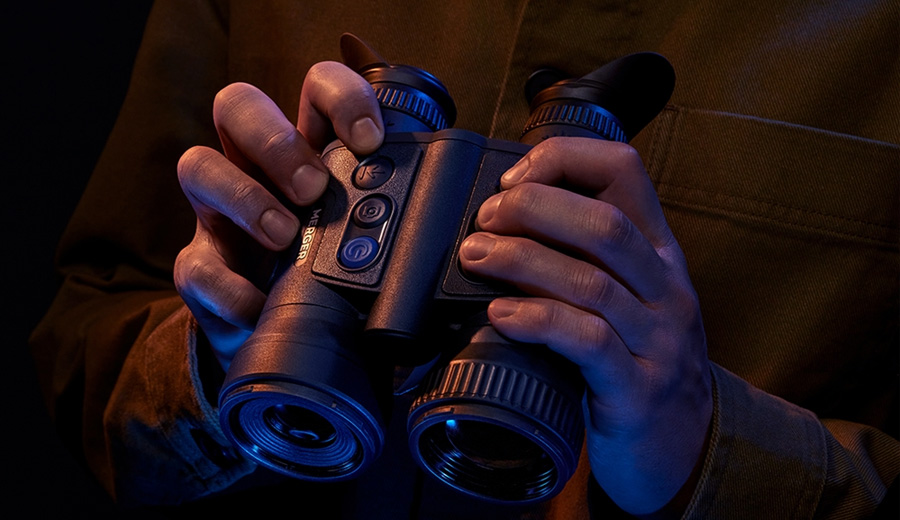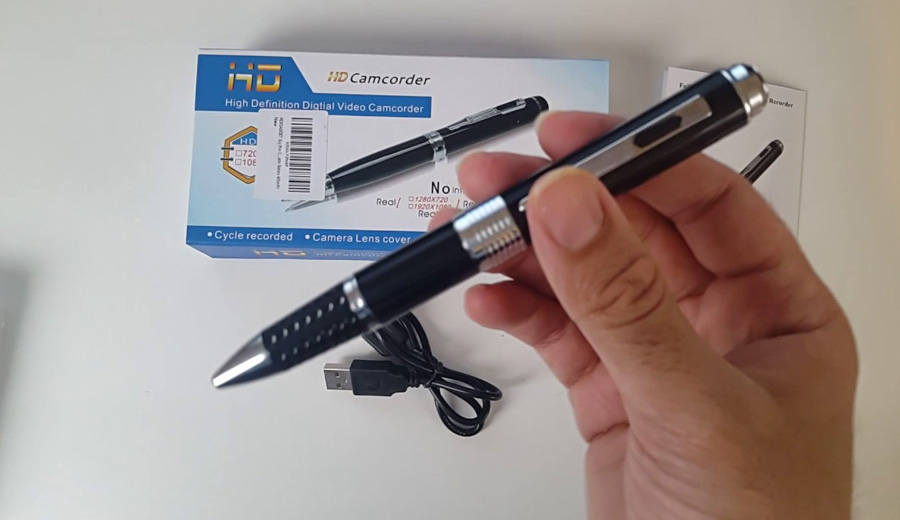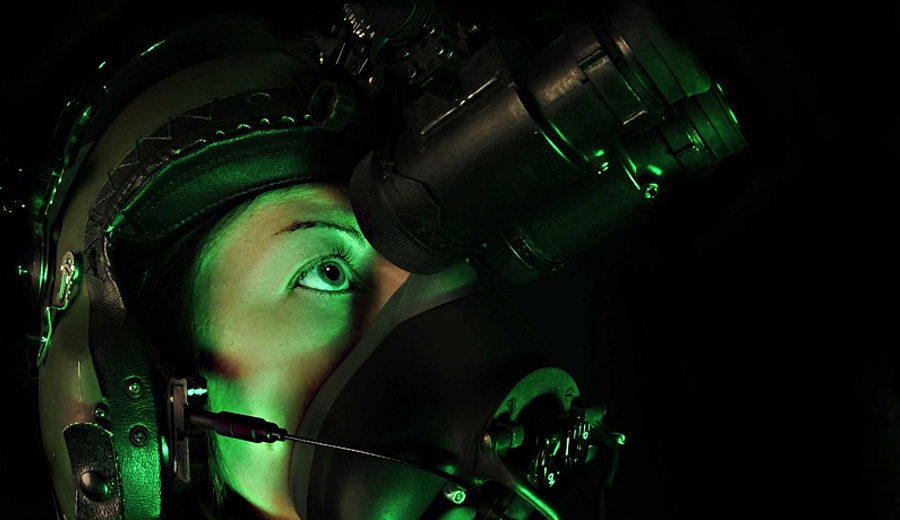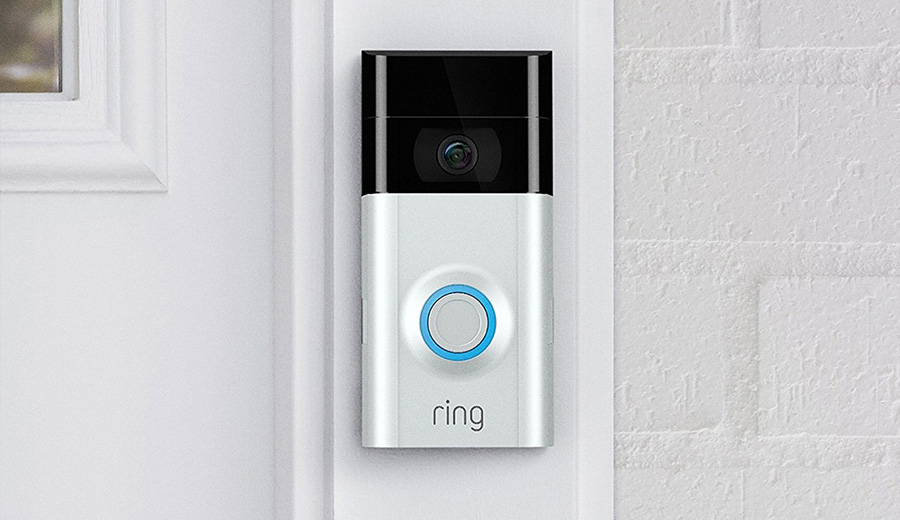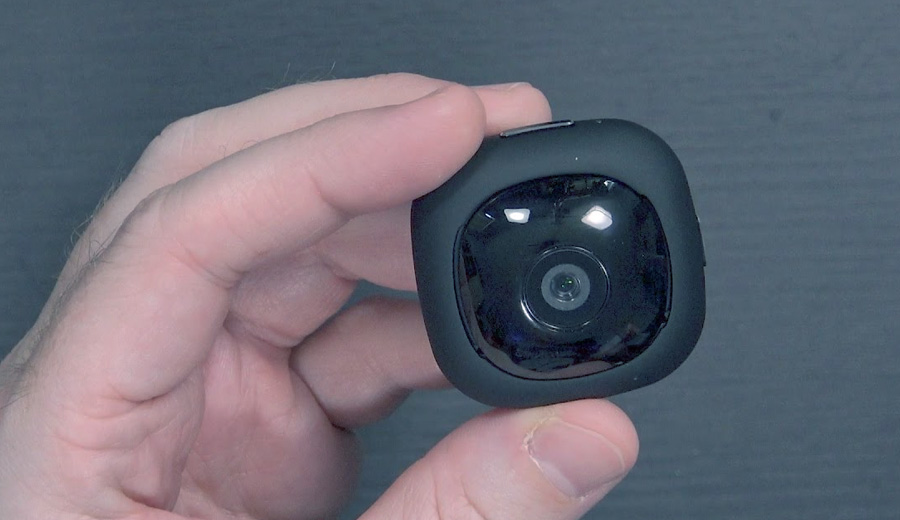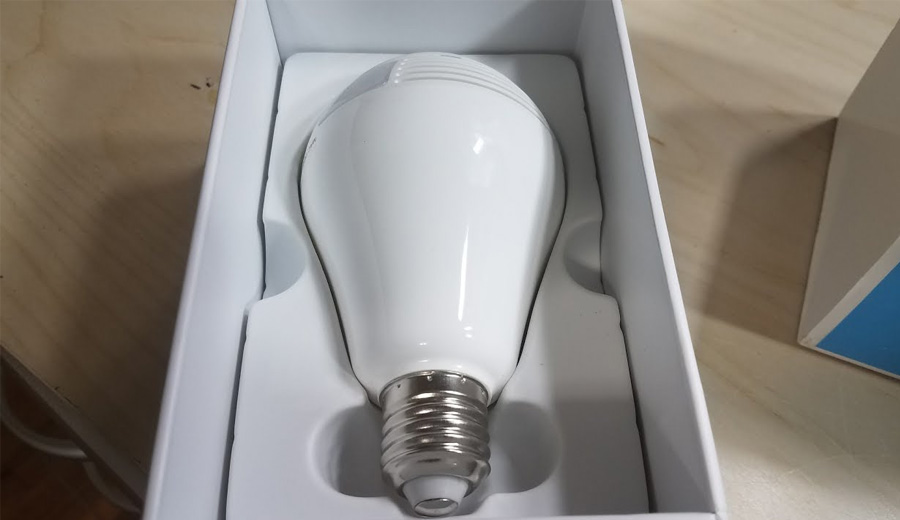With crimes skyrocketing everywhere we look, surveillance and security is more critical than ever. Let’s dive deeper and explore what covert surveillance is and what options are available today.
Covert surveillance technology (often associated with spies, PI’s and undercover operations) has become a priority in many of our lives. Secret surveillance is not just what you see in movies, it’s something many organizations can’t live without.
Table of Contents
Covert Surveillance Technology
So, what is surveillance, or specifically covert surveillance? Well, to put it shortly, it’s about secretly and discreetly monitoring individuals, locations, or activities without their knowledge or consent.
Unlike overt surveillance, where cameras or security personnel are out in the open, covert surveillance operates quietly in the background, gathering information discreetly.
These activities are done on suspicious individuals. For example, employees who are suspected to be stealing, or individuals who are being monitored as a potential threat to law enforcement.
Of course, you should look into the laws based on where you live. Different states (in the US) or countries have their specific laws when it comes to covert surveillance. We obviously don’t want to break the law when trying to protect ourselves.
When it’s Necessary to Use Surveillance?
There are a number of reasons to conduct covert surveillance. Here are a few examples of when using such technology may be necessary.
Home Security: In case of an abusive spouse, covert surveillance can be used to gather evidence of violence.
Business Security: Protect your assets, premises, and employees from potential threats. Or make sure your own employees are not robbing you blindly.
Personal Safety: In some cases, individuals may use covert cameras to secretly record their bedroom in case another party decides to sue them under false rape accusations.
Private Investigation: Private investigators will use numerous covert gadgets to spy on their “targets”. From secret phone call recording, to spy cameras recording their moves.
Open vs. Covert Surveillance
In case you’re wondering, let’s differentiate between open and covert surveillance.
Open surveillance is visible and acts as a deterrent. It’s like putting up a sign that says: “Hey! We’re watching you!”.
Covert surveillance, on the other hand, is all about being hidden, observing discreetly without anyone realizing it.
Obviously, the choice between the two depends on your specific objectives and circumstances.
What Technology is Used for Covert Surveillance?
- Miniature Cameras: These tiny cams can be hidden in everyday objects, like alarm clocks or picture frames.
- Audio Recording Devices: Concealed microphones can capture audio without being noticed.
- GPS Trackers: Ideal for tracking the movements of vehicles or individuals without them knowing.
- Wireless Transmitters: These are used to transmit data over significant distances.
Real-World Use Cases for Covert Surveillance Cameras
Probably one of the most common covert surveillance devices are secret cameras. These are used to record video (and sometimes audio) by motion detection or non-stop 24/7 recording.
As times progress, these devices can be installed in almost any item in your household, be it teddy bear, a clock, table leg or fan. Some of the more common spy camera items include:
Nanny Cams: As the name suggests, these were invented to spy on nannies to make sure they don’t abuse children.
Employee Monitoring: In workplaces, covert cameras ensure environmental safety and proper working conditions.
Home Intrusion: For home use, they help detect burglaries when you’re not around. You may not believe it, but often times it’s the neighbors.
Evidence Gathering: Covert surveillance footage often serves as vital evidence in legal cases or personal disputes.
Wildlife Observation: Researchers and nature enthusiasts use covert spy equipment to observe wildlife in their natural habitat without disturbing them.
5 Key Advantages of Covert Surveillance
While it may feel morally wrong to record individuals without their permission (also illegal, check your laws), such measures are not taken lightly.
If you decided to monitor someone, that means either they’ve already done something inappropriate (like stealing, being aggressive etc.) or at least you have a good reason to suspect they have. So let’s look at some of the main benefits of using covert surveillance.
- Undetected Surveillance: Covert cameras or listening devices, allow you to keep a closer eye and ear, maintaining your privacy while ensuring security. Your guests, employees, or family members won’t even know they’re being observed.
- Reducing Criminal Activities: Potential wrongdoers are less likely to engage in unlawful actions if they know that few of their friends got busted already in the neighborhood.
- Evidence Collection: Covert footage can be invaluable when it comes to legal matters. It often serves as crucial evidence in court cases, providing a factual information.
- Remote Monitoring: Many covert surveillance systems offer remote access, enabling you to monitor real-time from virtually anywhere. You could be at work, on vacation, or simply away from home and still able to monitor your house or business.
- Peace of Mind: In the end, it’s about feeling safer and having a peace of mind isn’t it. Knowing that you can discreetly monitor your surroundings provides a sense of security. It’s about knowing that you have an extra set of eyes, or several, watching when you’re not around.
In Conclusion
Covert surveillance is simply crucial in our current climate. It adds an extra layer of security, allowing discreet monitoring to protect homes, businesses, and valuable assets.
Furthermore, covert surveillance systems collect essential evidence that may prove to be invaluable in legal matters, investigations, or insurance claims.
But with great power comes great responsibility.
It’s essential to use such technology responsibly and ethically, respecting the boundaries of privacy and law.
In a world where information is invaluable, covert surveillance technology serves to protect, observe, and preserve what most valuable to us. Whether it’s ensuring the safety of our loved ones or safeguarding our businesses, the discreet eye of modern covert surveillance technology provides us with confidence and peace of mind.

